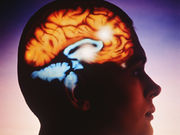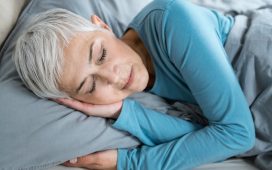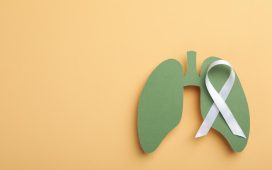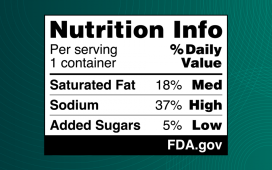Third-line electroconvulsive therapy also cost-effective in base case, and in a range of sensitivity analyses
MONDAY, May 14, 2018 (HealthDay News) — Electroconvulsive therapy (ECT) may be effective and cost-effective for U.S. patients with treatment-resistant depression, according to research published online May 10 in JAMA Psychiatry.
Eric L. Ross, from the University of Michigan Medical School in Ann Arbor, and colleagues examined the cost-effectiveness of ECT versus pharmacotherapy/psychotherapy for treatment-resistant major depression. Data were included from multiple meta-analyses, randomized trials, and observational studies.
The researchers simulated a population with a mean age of 40.7 years based on the Sequenced Treatment Alternatives to Relieve Depression trial. ECT was projected to reduce time with uncontrolled depression from 50 to 33 to 37 percent of life-years over four years; greater improvements were seen when ECT was offered earlier. There was an increase in mean health care costs by $7,300 to $12,000; the incremental costs were greater when ECT was offered earlier. Third-line ECT was cost-effective in the base case, with an incremental cost-effectiveness ratio of $54,000 per quality-adjusted life-year. In a range of univariate, scenario, and probabilistic sensitivity analyses, third-line ECT remained cost effective. The likelihood that at least one ECT strategy is cost-effective was estimated at 74 to 78 percent incorporating all input data uncertainty; there was a 56 to 58 percent likelihood that third-line ECT was the optimal strategy.
“These data suggest that, from a health-economic standpoint, ECT should be considered after failure of two or more lines of pharmacotherapy/psychotherapy,” the authors write.
Copyright © 2018 HealthDay. All rights reserved.








